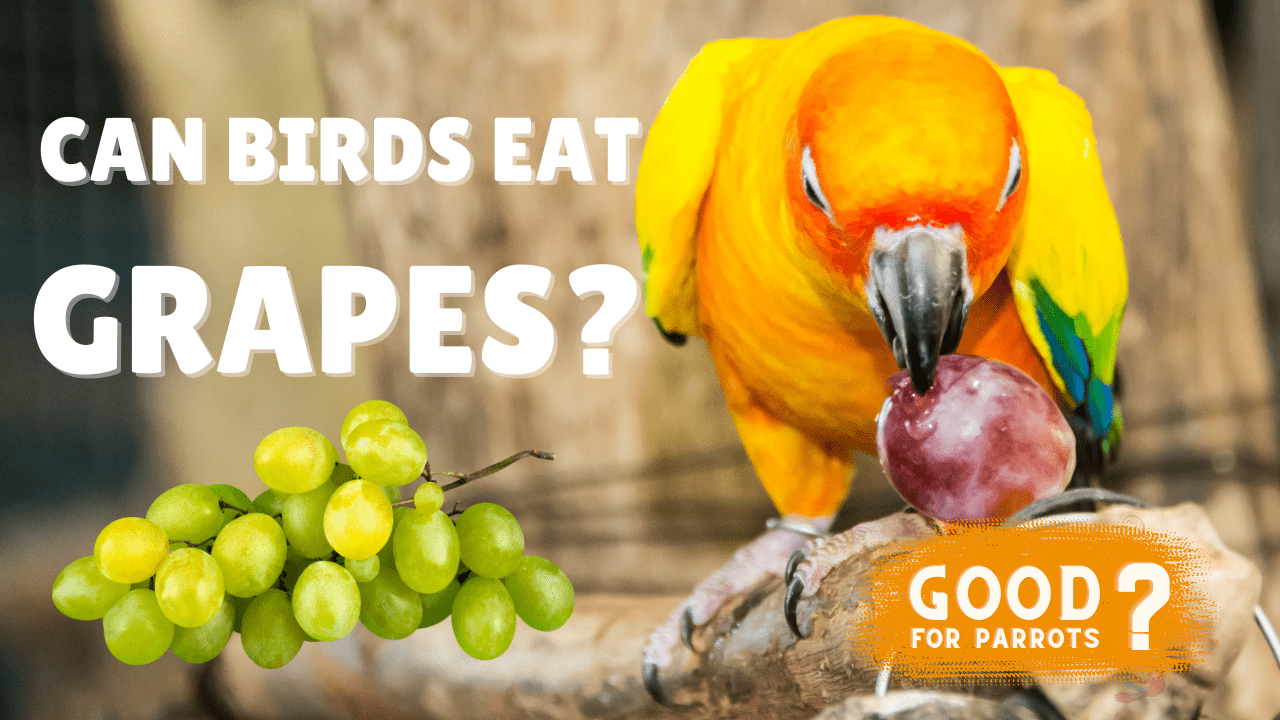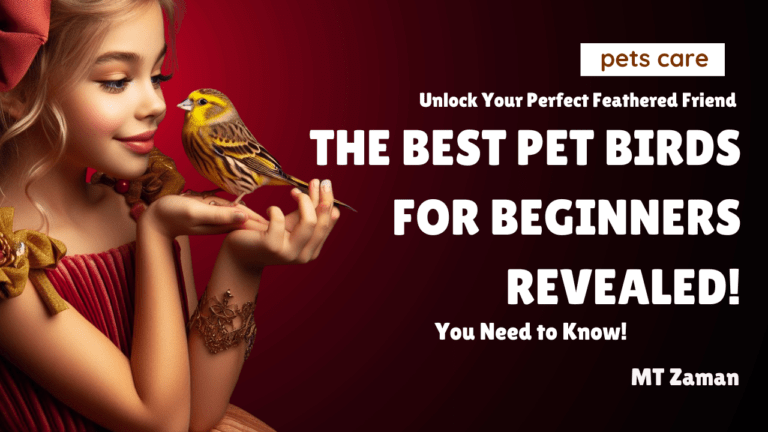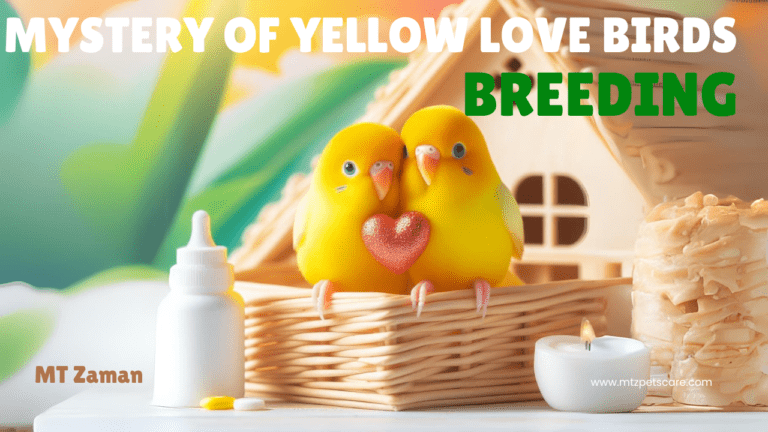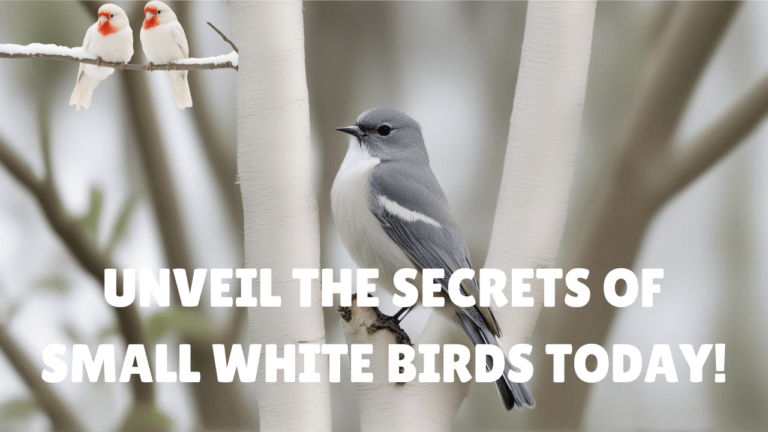Curious about whether birds can eat grapes? Let’s clear up the confusion. Despite conflicting information, many bird species can indeed enjoy grapes without any harmful effects. Unlike certain fruits like avocados and cherries, grapes pose no toxicity risks to our feathered friends. However, before you rush to offer grapes at your backyard feeder, it’s essential to understand the nuances. Join us as we delve deeper into this juicy topic, exploring the dos and don’ts of feeding grapes to birds.
Exploring the Benefits of Grapes for Birds
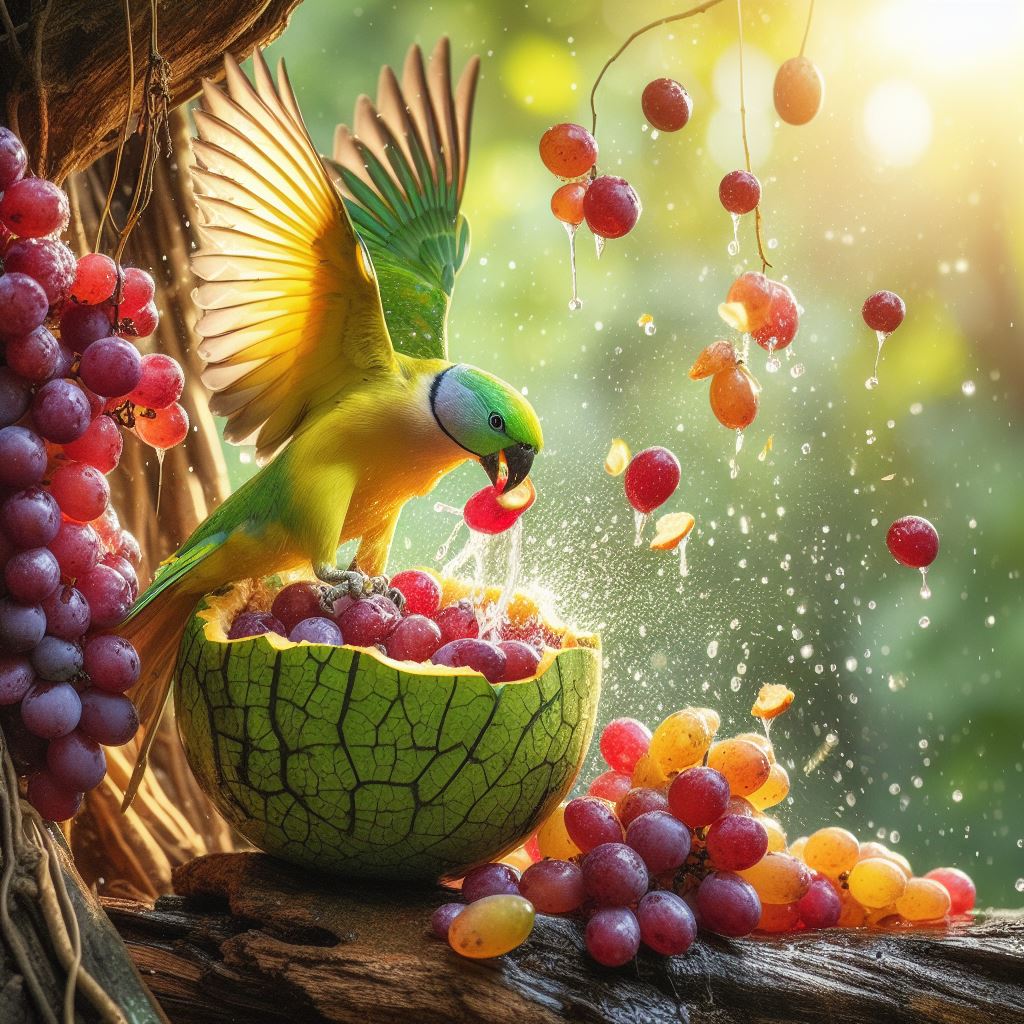
Now that we’ve debunked the myth, let’s talk about why offering grapes to birds can actually be beneficial for them. From essential nutrients to hydration, here’s why these bite-sized fruits might make a great addition to your bird feeder menu.
Nutritional Value:
Grapes are packed with vitamins and minerals that are beneficial for birds’ health. They contain vitamin C, vitamin K, potassium, and antioxidants, all of which contribute to overall well-being.
Hydration:
Especially during hot summer days, providing fruits like grapes can help birds stay hydrated. The high water content in grapes can quench their thirst and prevent dehydration, especially in arid climates.
Variety in Diet:
Offering a diverse range of foods keeps birds interested and ensures they’re getting a balanced diet. Incorporating grapes alongside seeds, nuts, and insects adds variety and nutrition to their meals.
Energy Boost:
Grapes are a natural source of energy due to their sugar content. This can be particularly beneficial for birds during periods of high activity, such as breeding or migration.
Attracting Bird Species:
Certain bird species are attracted to fruits, including grapes. By offering grapes in your feeder, you may attract a wider variety of birds to your backyard, enhancing your birdwatching experience.
Now that we’ve explored the benefits, you might be wondering how to safely offer grapes to your feathered visitors. Stay tuned for our next section, where we’ll discuss best practices for feeding grapes to birds while ensuring their health and safety.
Best Practices for Feeding Grapes to Birds
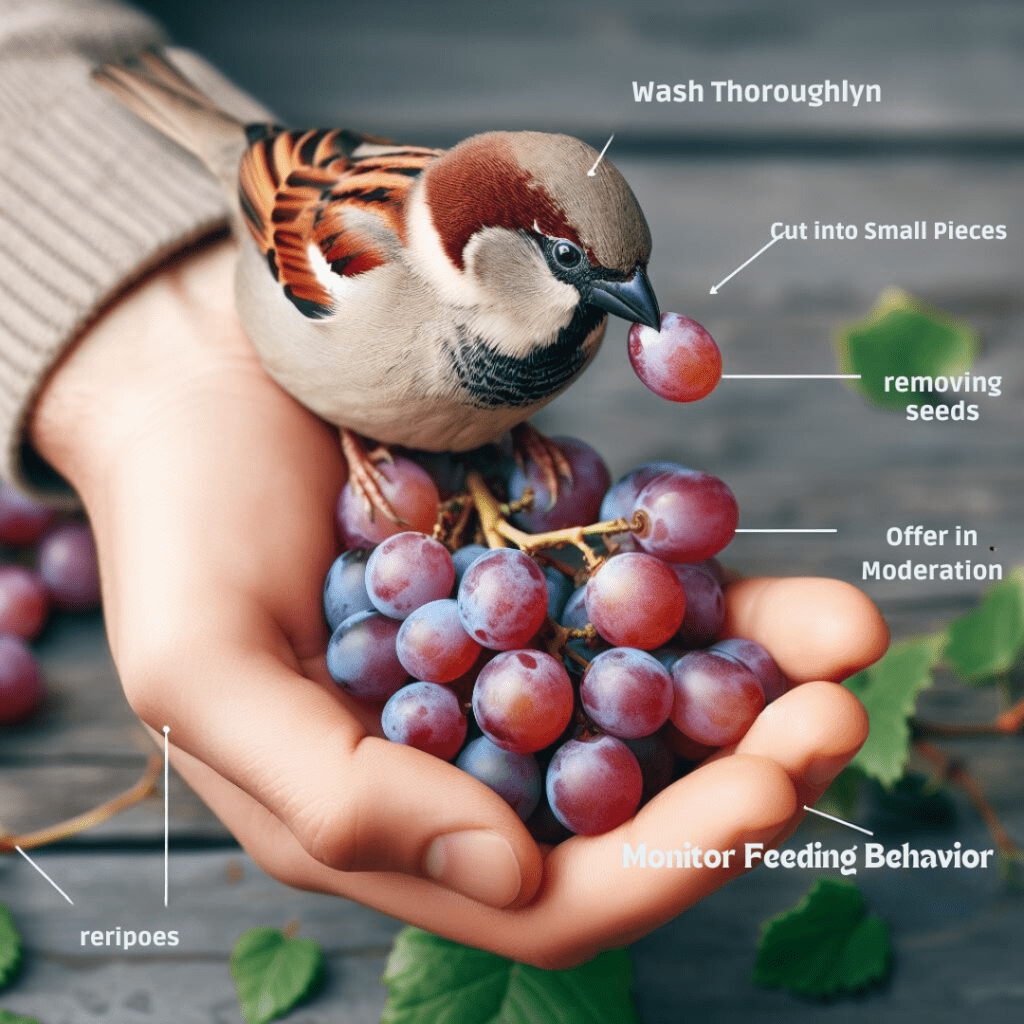
Now that we’ve established that birds can indeed enjoy grapes as part of their diet, let’s dive into the nitty-gritty of how to safely offer these fruity treats to our feathered friends. By following these best practices, you can ensure the well-being of the birds visiting your backyard.
- Wash Thoroughly: Before serving grapes to birds, it’s essential to wash them thoroughly to remove any pesticides or residues. Opt for organic grapes whenever possible, or rinse conventionally grown grapes under running water.
- Seedless Grapes: While birds can consume grapes with seeds, opting for seedless varieties eliminates the risk of choking. Seedless grapes are safer and easier for birds to eat, making them a preferable choice for feeding.
- Cut into Small Pieces: To make it easier for birds to consume grapes, consider cutting them into smaller, bite-sized pieces. This reduces the risk of choking and allows birds of all sizes to enjoy this nutritious snack.
- Offer in Moderation: Like any treat, grapes should be offered to birds in moderation. While they provide valuable nutrients and hydration, an excess of grapes in a bird’s diet can lead to digestive issues. As a general rule, limit grape consumption to a small portion of their overall diet.
- Monitor Feeding Behavior: Keep an eye on the feeding behavior of birds in your backyard. If you notice that grapes are being left uneaten or if certain birds show signs of discomfort after consuming grapes, it may be a sign to adjust or discontinue offering them.
By following these guidelines, you can safely incorporate grapes into your bird feeding routine and provide a nutritious treat for your avian visitors.
Are grapes safe for birds to eat?
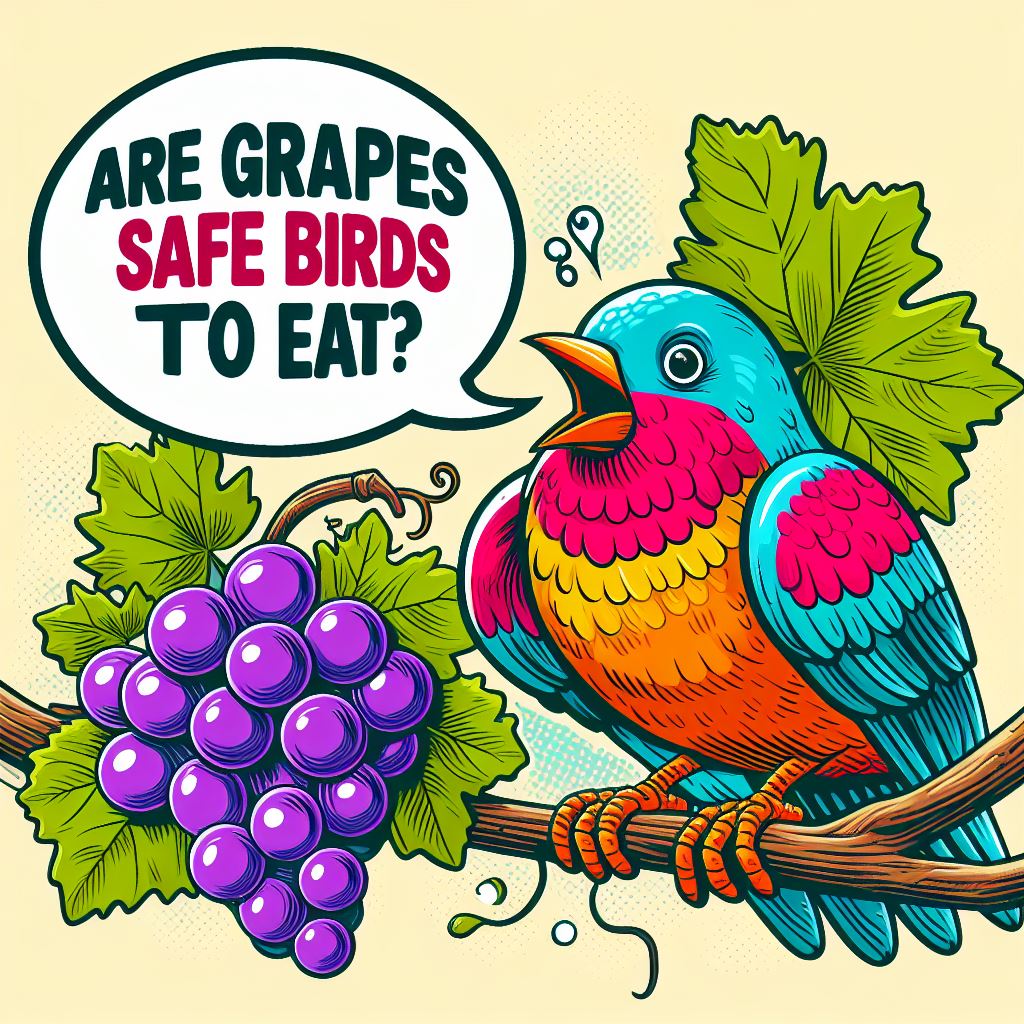
When pondering whether grapes are a suitable snack for our avian friends, it’s crucial to consider both the benefits and potential risks. Grapes offer a tantalizing burst of flavor and essential nutrients, making them an attractive option for bird enthusiasts looking to diversify their feeder offerings. However, concerns about pesticide residues and choking hazards associated with grape seeds underscore the importance of cautious consumption practices.
Pros:
Grapes provide birds with hydration, essential vitamins, and antioxidants, contributing to their overall health and well-being. Additionally, the natural sweetness of grapes can attract a wide variety of bird species to your backyard feeder, enhancing your birdwatching experience.
Cons:
Despite their nutritional benefits, grapes may pose risks if not handled properly. Pesticide residues on conventionally grown grapes could harm birds, emphasizing the importance of washing fruits thoroughly. Additionally, the presence of seeds in some grape varieties increases the risk of choking, necessitating careful preparation and monitoring.
Verdict:
While grapes can be a nutritious and enticing treat for birds, responsible feeding practices are paramount to ensure their safety. Opting for organic grapes, removing seeds, and offering them in moderation can mitigate potential risks and maximize the benefits of this fruity snack. By prioritizing the well-being of our feathered visitors, we can create a welcoming habitat that fosters their health and happiness.
